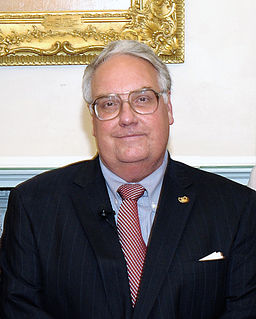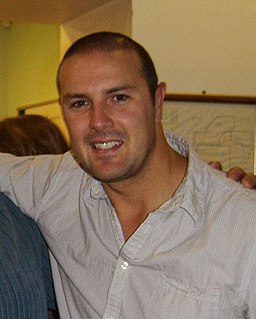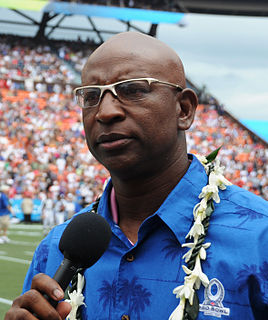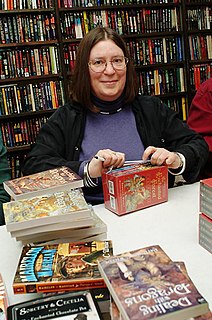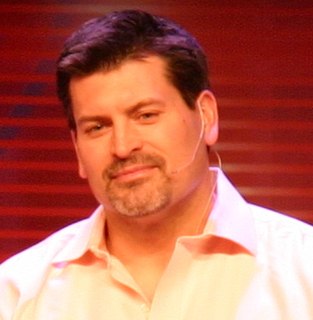A Quote by Daniel Woodrell
I was basically raised to look for chances to get even with several families for stuff that happened 30 or 40 years before I was born.
Related Quotes
I remember the few times that happened to me in writing, where you basically start writing and you look at the clock and six hours have gone by and you're, like, "Whoa! What the hell just happened?" And that piece ends up in the final product even though the final product is three years away. It doesn't get rewritten. It came out the right way. But that's happened to me so few times in my life.
I loved getting my M. B. A., and I really enjoyed being an accountant and financial analyst before I quit my day job twenty-five years ago to write full time. I just liked writing more…plus, I knew even then that as a full-time writer, I'd get plenty of chances to do business-type stuff, while as an accountant, I probably wouldn't get a lot of opportunities to write about dragons.
When I was younger, I'd always forget stuff. I think there was probably 4-5 times where we'd drive 30 minutes to a town for the baseball tournament, and all of a sudden, I'd get to the field and look in my bag, and I didn't have my cleats. So my dad had to race all the way home to get my cleats and get back before the game started so I could play.
My father was only born something like 30 years after the Civil War ended, 35 or 40. He was born closer to that than the era in which he died. He was born in 1891, no television, no phones, barely any electricity. He wrote a book to all of us that was really just a compilation of the letters that he had written over the years to my grandmother when they were courting, in the horse and buggy era. Everybody said, "When did you have time to do this?" Relating their own lives to his. He said, "What do you mean, when did I have time? This is all we did." There was no TV, none of that.
Before information age, living standards basically were flat. Since then, they've been growing 2 percent a year were about 30 times richer. So technology, machines is really, you know, arguably the most important thing that's happened to humanity in terms of our living standards. You could look to the introduction of digital computers in the 1950s.



